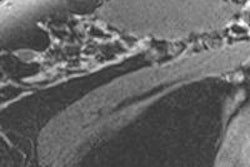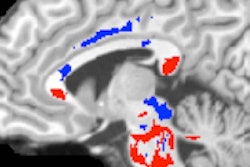Dear MRI Insider,
As imaging technologies continue to advance, unexpected abnormalities are increasingly being discovered when a patient is scanned for a more specific malady. But how often do these incidental findings happen and how severe are they?
A new prospective study from Erasmus University Medical Center in Rotterdam, the Netherlands, sought to answer these questions in a study of some 5,800 middle-aged and elderly people who received brain MRI. What did they discover? Find out in this issue's Insider Exclusive.
In other news this month, see how performing breast MRI in the supine position in the operating room immediately after breast conservation surgery may help surgeons better find and assess residual tumors, while potentially avoiding the need for follow-up surgery.
Thanks to its ability to visualize how the brain compensates for concussion damage, diffusion-tensor MRI could hold the key to predicting which concussed patients are most likely to fully recover from their head injuries in as soon as a year's time.
Does radiology need a better nomenclature for the problem of exposure to gadolinium from contrast MRI exams? Researchers are proposing new terms to describe the aftereffects of gadolinium exposure that fall short of nephrogenic systemic fibrosis.
Elsewhere, researchers using a new MRI technique have found that the presence of particular fatty acids in the breast may be a useful indicator of cancer in postmenopausal women.
Be sure to visit the MRI Community on a daily basis for the latest news and groundbreaking research from around the world.


.fFmgij6Hin.png?auto=compress%2Cformat&fit=crop&h=100&q=70&w=100)





.fFmgij6Hin.png?auto=compress%2Cformat&fit=crop&h=167&q=70&w=250)











